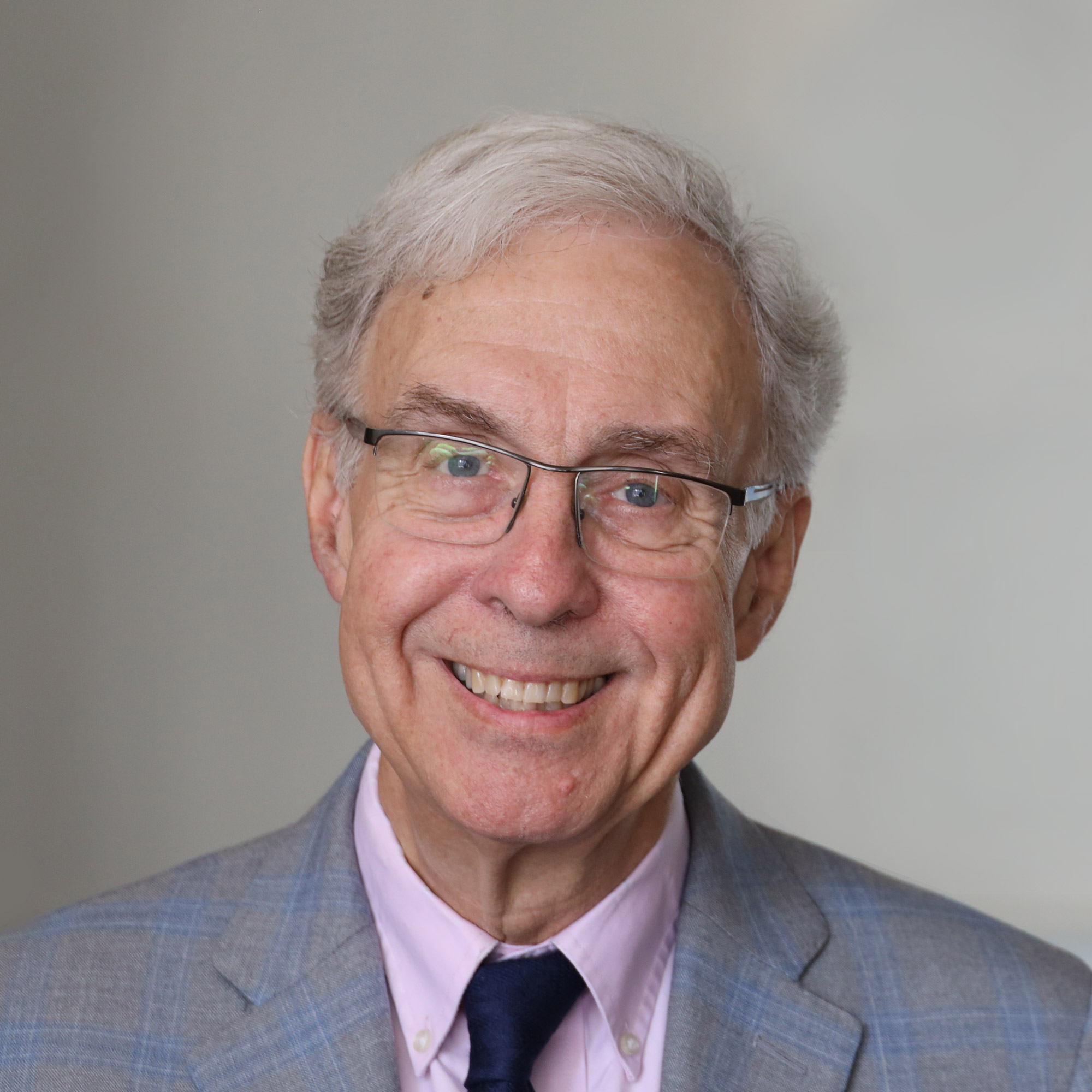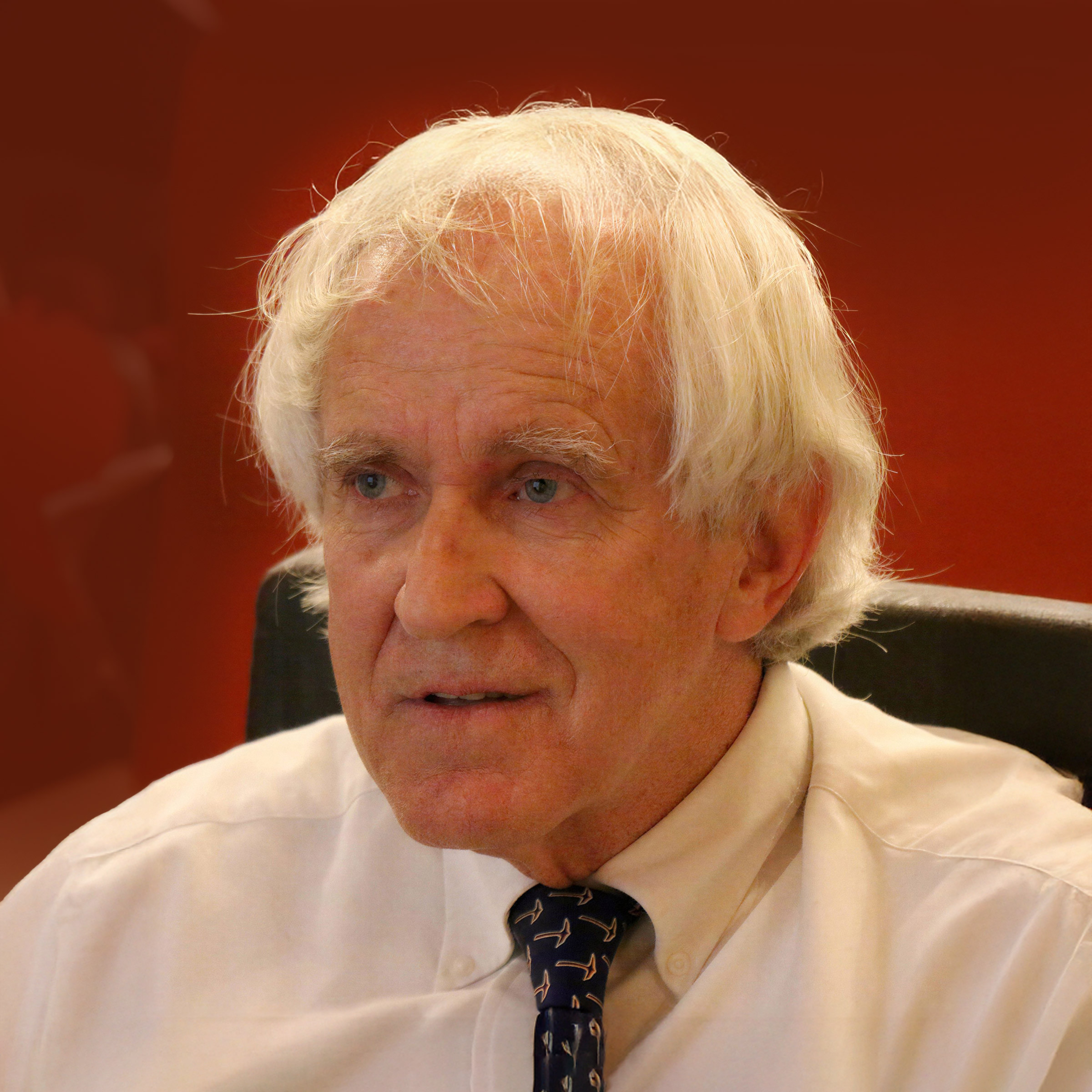Editor’s note: We are delighted to present this excerpt from the Prologue to Neil Thomas’s new book, False Messiah: Darwinism as the God That Failed (Discovery Institute Press).
I should make clear from the outset that my cheeky title, False Messiah, is not meant to describe Darwin as he ever styled himself. He actively resisted being co-opted as the figurehead of a secularist religion. In part this may have been the respectable Victorian gentleman steering clear of anything redolent of French radicalism, though the effort also seems to have stemmed from a genuine personal ambivalence concerning matters metaphysical.
Certainly, much of his professional work was devoted to substantiating the anti-theistic convictions of his grandfather, Erasmus Darwin, but Charles was much more prone to vacillate over the broader implications of his theory, brow knit, than to proclaim, fist in palm, some particular materialistic religion. Moreover, there is compelling evidence, analyzed in this book, that in later years he developed doubts about his formula for “creation without a creator.” In mining his personal correspondence and autobiography, one finds that in older age he became almost as much a natural theologian as a natural scientist.
Co-opting Darwin
However, none of that has prevented a body of Darwin’s followers from co-opting him as a sort of latter-day messiah for a materialist program of cultural and civilizational transformation. I will argue that employing Darwin in this way is false twice over: First, it is not what Darwin made himself out to be. Second, and as accumulating evidence has made plain, his theory — with or without the modern synthesis, and with or without the various third-way epicycles tacked onto it in recent decades to save the appearances — cannot bear the weight of its role as Gospel for a brave new age of atheistical enlightenment.
However one chooses to characterize the aging gentleman of Down House, his doubts about the materialistic project have been amply vindicated by advances in biology in the last seven decades — one of the topics explored in the present book. Which brings us to the present volume’s subtitle. Students of the Cold War may recognize it as the title of a 1949 collection of essays by six prominent writers of the day on their conversion to, and eventual disillusionment with, Communism.
My borrowing of the phrase, and thereby connecting Marxism to Darwinism, is not incidental. Although The Communist Manifesto was published a decade before Darwin’s theory of evolution went public, Marx said he saw in Darwin’s On the Origin of Species “the book which, in the field of natural history, provides the basis for our views.” Or as he put it a year later: “Darwin’s work is most important and suits my purpose in that it provides a basis in natural science for the historical class struggle…. Despite all shortcomings, it is here that, for the first time, ‘teleology’ in natural science is not only dealt a mortal blow but its rational meaning is empirically explained.” In similar terms, Marx’s collaborator, Friedrich Engels, enthused that Darwinism had helped to eliminate teleology from biology — much as Marx, we might say, had eliminated it from social science.

Today we could invert this formulation to assert, with only slight exaggeration, that Marx has been eliminated from social science, at least Marxism as a coherent, all-encompassing political program.
A Condition of Obsolescence
Darwinism, I want to argue, is approaching a similar condition of obsolescence. There are relatively few dyed-in-the-wool Darwinists remaining. True enough, in the academy one is still asked to genuflect before that mistiest of all dogmas, evolution. But among actual scientists doing serious work in biology, things have moved on from Darwin and even neo-Darwinism. As with many of our present-day social scientists, what remains in the biological sciences is a dogmatic commitment to materialism, regardless of how desperate that commitment may have become.
Much of what follows has benefited from my background and expertise in European intellectual history as well as in languages and linguistics. In the present volume I cast a wide net to view Darwinism against the backdrop of European cultural assumptions, with special reference to religious and theological thinking, particularly among the Darwinists. Within that context I also focus on many linguistic ambiguities and modes of literary presentation favored by Darwin, which point towards largely unexplored subtextual implications.
For notes, please see the original book by Professor Thomas.









































